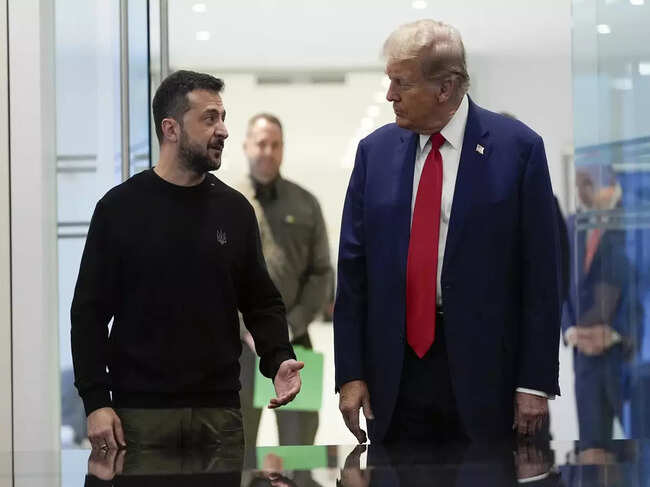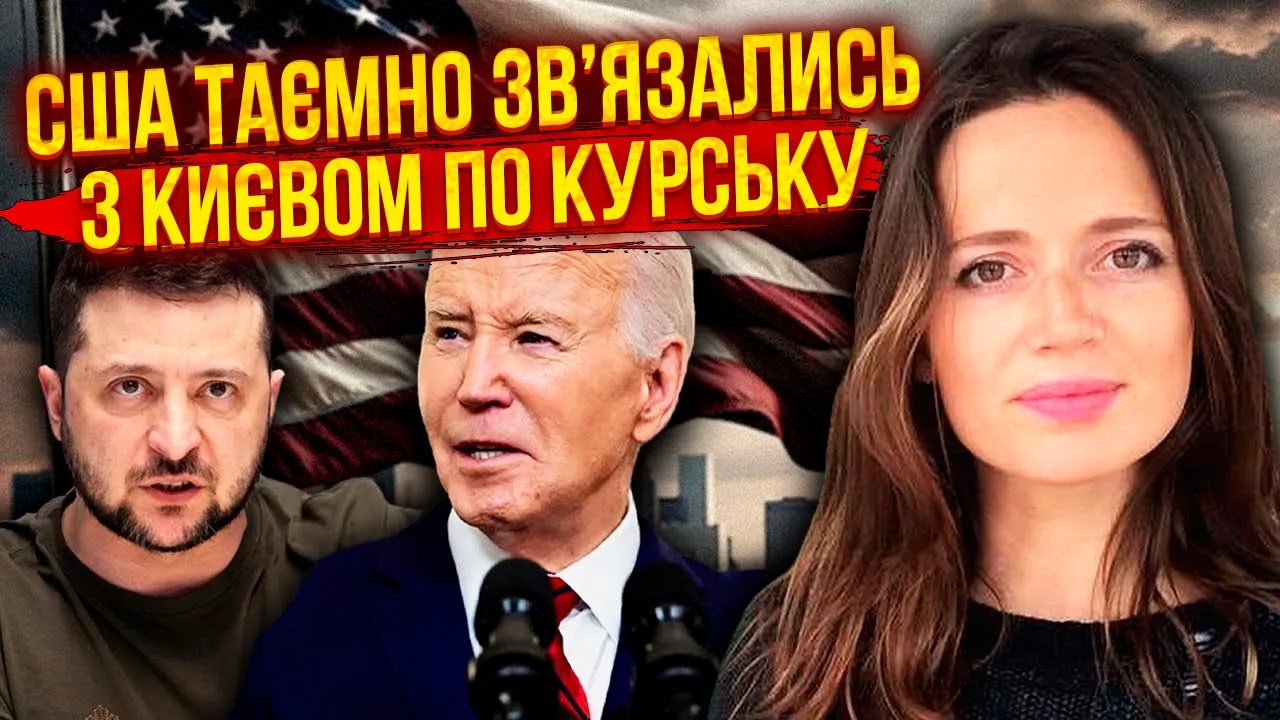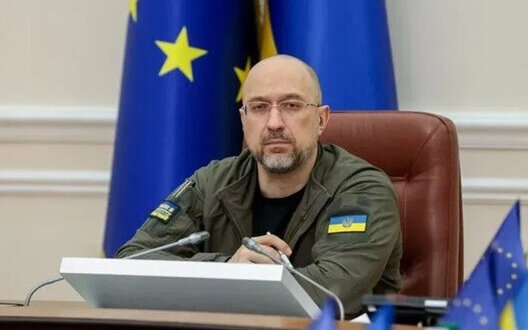US Peace Initiative For Ukraine: Potential Relaxation Of Sanctions On Russia

Table of Contents
Potential Benefits of Sanctions Relaxation
Easing sanctions on Russia could offer several potential benefits, although these must be carefully weighed against the risks. The primary aim of any US peace initiative should be a lasting peace, and sanctions relief could play a part. Key potential benefits include:
-
Incentivizing Peace Negotiations: Reduced economic pressure might incentivize Russia to engage more constructively in peace negotiations and diplomatic solutions. The hope is that easing sanctions could create an environment more conducive to dialogue and compromise. This is a key element of any successful US peace initiative.
-
Improving Humanitarian Conditions: Sanctions can have unintended humanitarian consequences. Relaxation of certain sanctions, particularly those affecting food and medicine supplies, could lead to improved humanitarian conditions within Ukraine and potentially within Russia itself. A US peace initiative focused on humanitarian aid could garner international support.
-
Stabilizing Global Markets: The Russia-Ukraine war has significantly disrupted global energy markets and supply chains. Relaxation of sanctions on energy exports, for example, could help stabilize these markets and mitigate the global economic fallout from the conflict. However, this must be carefully managed to avoid rewarding aggression.
-
Facilitating Diplomatic Engagement: Easing tensions through targeted sanctions relief could open channels for wider diplomatic engagement on other global security concerns. Improved relations with Russia could be beneficial in addressing other international issues, although this requires careful management and clear objectives from a US peace initiative.
-
Focus on Targeted Sanctions: Instead of broad, sweeping restrictions, a more nuanced approach focusing on targeted sanctions against specific individuals and entities responsible for war crimes or human rights abuses could be considered as part of a broader US peace initiative. This would allow for some economic relief while maintaining pressure on key actors.
Risks and Challenges of Sanctions Relief
While sanctions relaxation could offer some advantages, significant risks and challenges must be carefully considered. A poorly designed US peace initiative could backfire. These include:
-
Rewarding Aggression: Premature sanctions relief could be perceived as rewarding Russian aggression and undermining Ukrainian sovereignty. This would likely damage the credibility of the international community and embolden Russia's future actions.
-
Escalation of Conflict: Russia may not reciprocate good faith efforts, potentially leading to a renewed escalation of the conflict. Any US peace initiative must include robust verification mechanisms and contingency plans to address this possibility.
-
Maintaining a United Front: The international community needs to maintain a united front to avoid giving mixed signals to Russia. Disagreements among allies regarding sanctions relief could weaken the overall pressure on Russia and hinder the effectiveness of any US peace initiative.
-
Establishing Clear Benchmarks: Establishing clear and verifiable benchmarks for sanctions relief is crucial to prevent future violations and ensure accountability. Any relaxation should be tied to concrete steps by Russia towards a peaceful resolution.
-
Regional Stability: Careful consideration of the potential impact of sanctions relief on neighboring countries and regional stability is also crucial. A US peace initiative must account for the broader geopolitical context and potential spillover effects.
International Perspectives and Allied Support
A successful US peace initiative requires broad international support and cooperation. The positions of key allies and international organizations will play a decisive role in determining the feasibility and effectiveness of sanctions relief:
-
NATO Allies: Examining the positions of key NATO allies, including those bordering Russia, is crucial. A coordinated approach is vital for success.
-
EU Response: The EU's stance on potential changes to sanctions policies is of paramount importance, given the EU's significant economic ties with Russia.
-
International Organizations: The role of international organizations like the UN and OSCE in mediating a peace process and monitoring compliance with any agreements is critical for a successful US peace initiative.
-
Unified International Approach: Assessing the potential for a unified international approach to sanctions and peace negotiations is vital. A fragmented approach could undermine any effort to achieve a lasting peace.
-
Consulting Ukraine: Throughout this entire process, consulting with Ukraine and ensuring its sovereignty and security concerns are addressed remains paramount. Any US peace initiative must have the support of the Ukrainian government.
Alternative Approaches to Peace and Security
While sanctions relief could be part of a broader strategy, other approaches to achieving peace and security in Ukraine must be considered as part of a comprehensive US peace initiative:
-
Continued Military Aid: Evaluating the continued effectiveness of military aid to Ukraine in deterring further aggression and defending its territory.
-
Alternative Diplomatic Strategies: Exploring alternative diplomatic strategies beyond sanctions relief, such as targeted diplomatic initiatives and confidence-building measures.
-
Security Guarantees: Considering the establishment of strong security guarantees for Ukraine post-conflict to deter future aggression.
-
International Peacekeepers: Discussing the potential role of international peacekeepers in ensuring stability and preventing renewed violence.
-
Conflict Resolution Mechanisms: Implementing robust conflict resolution mechanisms to address underlying grievances and prevent future conflicts in the region.
Conclusion
The decision to relax sanctions on Russia as part of a US peace initiative for Ukraine presents a complex dilemma with significant potential benefits and considerable risks. A carefully calibrated approach that prioritizes Ukrainian sovereignty, accountability for Russian aggression, and broad international consensus is essential. Premature relaxation could prove counterproductive, while a strategically phased approach, tied to concrete steps by Russia, may offer a path towards a lasting peace. The debate surrounding a US peace initiative and potential sanctions relief for Russia demands careful consideration and informed discussion.
Call to Action: Stay updated on the evolving situation and contribute to the conversation by sharing your thoughts and insights on this crucial issue. Learn more about the potential ramifications of a US peace initiative and the future of the sanctions regime against Russia. Understanding the complexities of a US peace initiative is vital for informed discussion on the Ukraine conflict and the future of the region.

Featured Posts
-
 Pidtrimka Ukrayini Mizhnarodna Koalitsiya Z Reb
May 27, 2025
Pidtrimka Ukrayini Mizhnarodna Koalitsiya Z Reb
May 27, 2025 -
 Zakulisni Peregovori Predstavnik Trampa Ta Putina V Peterburzi
May 27, 2025
Zakulisni Peregovori Predstavnik Trampa Ta Putina V Peterburzi
May 27, 2025 -
 Katagrafi Klopis Kalodion Ilektrikon Aytokiniton Pos Na Prostateysete To Oxima Sas
May 27, 2025
Katagrafi Klopis Kalodion Ilektrikon Aytokiniton Pos Na Prostateysete To Oxima Sas
May 27, 2025 -
 The Best Streaming Services For Movies A What The Tech Analysis
May 27, 2025
The Best Streaming Services For Movies A What The Tech Analysis
May 27, 2025 -
 Nova Viyskova Dopomoga Ukrayini Nimechchina Vidilit E11 Mlrd Do 2029 Roku
May 27, 2025
Nova Viyskova Dopomoga Ukrayini Nimechchina Vidilit E11 Mlrd Do 2029 Roku
May 27, 2025
